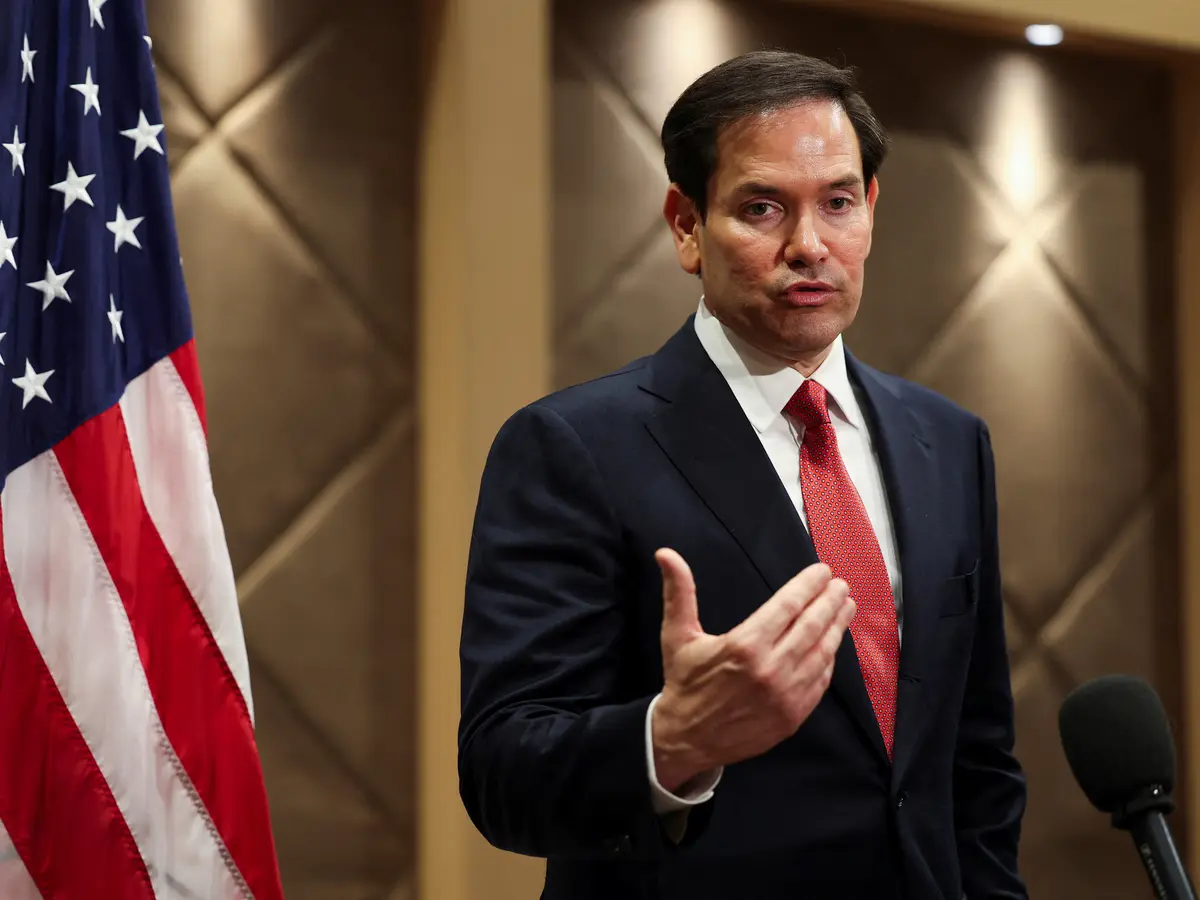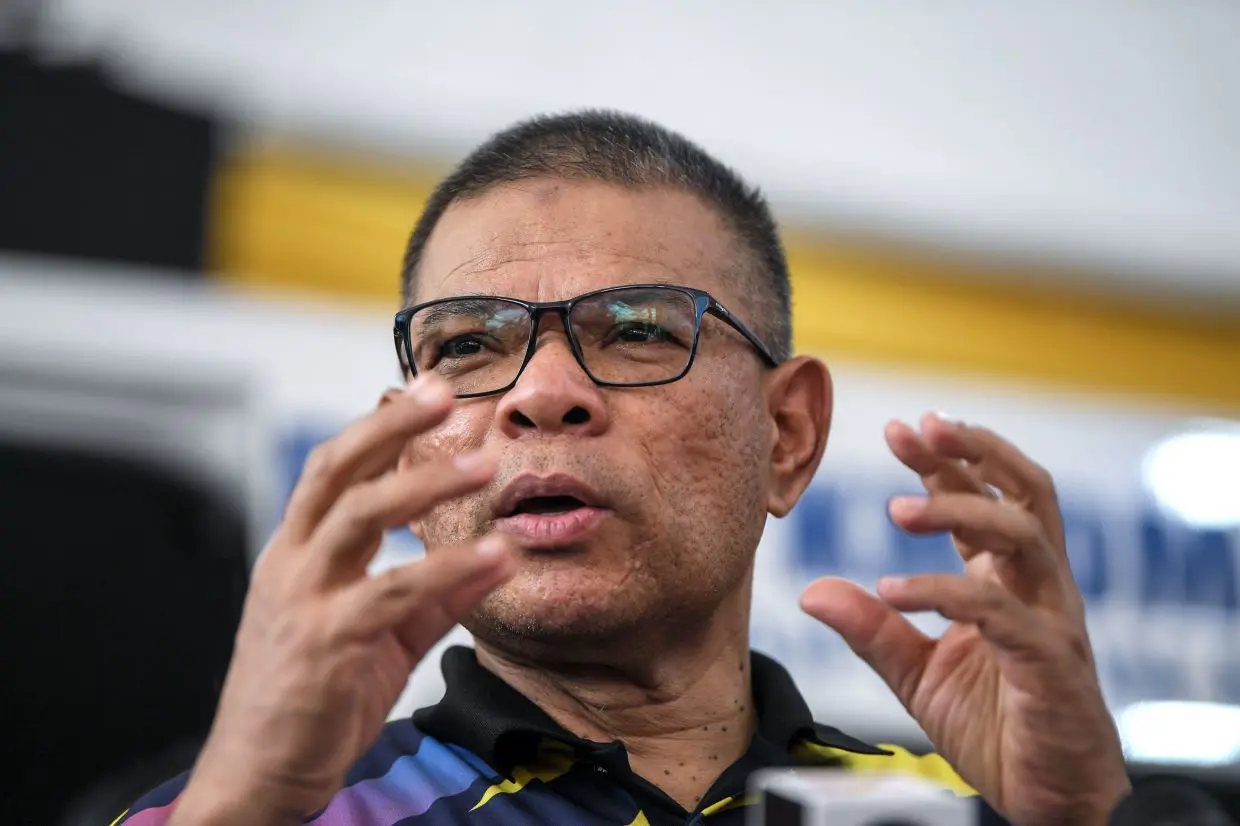WASHINGTON, Sept 13 — As the dust continues to rise from growing unrest in the Middle East, U.S. President Donald Trump’s top diplomat, Marco Rubio, is heading to Israel this weekend, a high-stakes visit amidst heightened tensions with America’s regional allies.
Rubio’s trip follows Israel’s controversial airstrike targeting Hamas leaders in Qatar and a renewed push for settlement expansion in the occupied West Bank — moves that have rattled diplomatic ties and reignited international concern.
Deputy State Department Spokesman Tommy Pigott confirmed yesterday that Rubio will depart today for Israel, before joining President Trump during his visit to Britain next week. While in Israel, Rubio is expected to emphasize “shared strategic goals,” including ensuring that Hamas never regains control over Gaza and pursuing the safe return of hostages taken during the October 7, 2023 attacks — a brutal event that left 1,200 Israelis dead and 251 taken hostage, according to Israeli sources.
But the toll of war has grown heavier on the other side of the border. More than 64,000 Palestinians have reportedly died during Israel’s nearly two-year-long military campaign, triggering allegations of genocide from human rights organizations and leading genocide scholars around the world. The siege has pushed Gaza into a humanitarian catastrophe, with widespread hunger and destruction.
Before departing, Rubio also met Qatari Prime Minister Mohammed bin Abdulrahman Al-Thani at the White House, signaling the delicate diplomatic balancing act required during this visit. Qatar’s central role as a mediator in hostage negotiations has been severely strained after Israel’s airstrike in Doha — a move U.S. officials described as a “unilateral escalation” that undercut peace efforts.
The attack has prompted sharp condemnation from other Arab states, jeopardizing ceasefire and hostage talks previously led by Qatar.
Rubio’s visit comes just ahead of the United Nations General Assembly in New York, where several European nations — including France and Britain — are expected to formally recognize Palestinian statehood, a step Israel strongly opposes. Washington fears this may embolden Hamas, while Rubio warns it may accelerate annexation of the West Bank, a goal of Israel’s hardline factions.
On Thursday, Israeli Prime Minister Benjamin Netanyahu signed off on new settlement expansion plans in disputed West Bank territories — territory Palestinians envision as part of a future state. The move provoked a stern warning from the United Arab Emirates, a signatory of the U.S.-brokered Abraham Accords, calling the plan a “red line.”
During his upcoming meetings, Rubio and Israeli leaders will also discuss efforts to counter “anti-Israel actions”, including the International Criminal Court’s arrest warrant for Netanyahu and the International Court of Justice’s genocide prevention order.
In a deeply personal moment ahead of his trip, Rubio also met with families of hostages still held by Hamas — a sobering reminder that at the heart of every diplomatic maneuver lies human suffering, grief, and hope.




